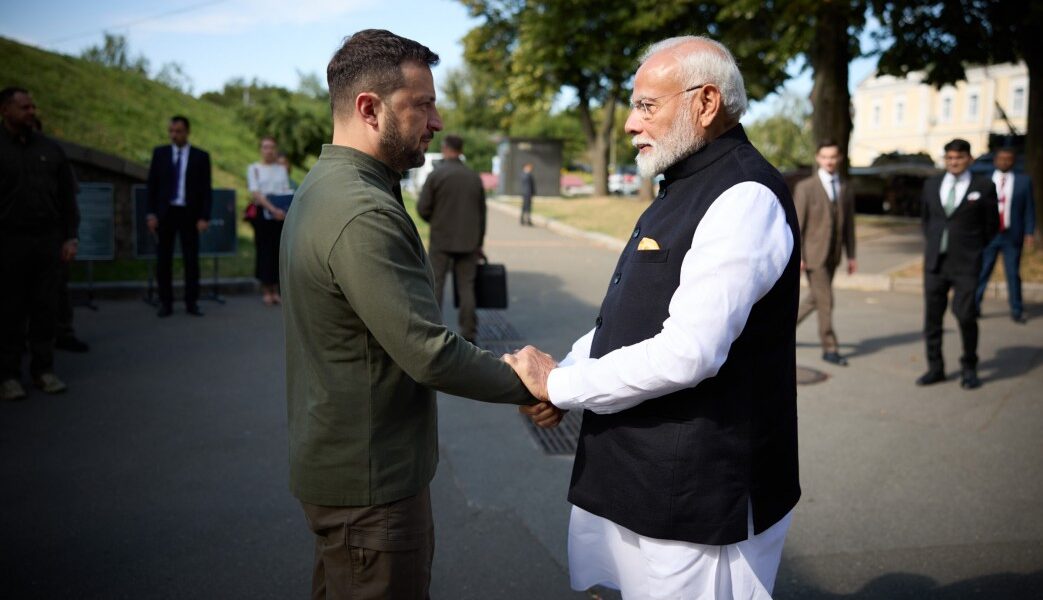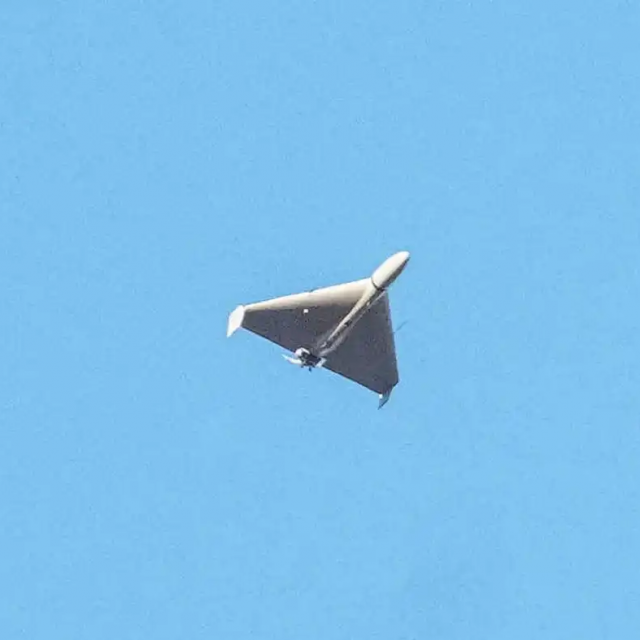On 23 August Indian Prime Minister Narendra Modi paid an official visit to Kyiv. The visit was timed to coincide with the eve of Ukraine’s Independence Day, marking an important moment in the relationship between the two countries.
It is the first ever visit by an Indian government head to Ukraine since diplomatic relations were established in 1992, and the first visit by an Indian leader since the onset of the war.
The context of this visit adds particular significance. Modi arrived in Ukraine a few weeks after he met with Vladimir Putin in Moscow on 8 July which was the same day that Russian missiles struck the children’s hospital “Okhmatdyt” and other civilian targets in Kyiv. This attack resulted in over 40 deaths, including children, and injuries to around 200 people, many of them critical. Among the casualties were not only patients but also medical staff and bystanders caught in the blast zone. This tragic incident prompted widespread condemnation from the international community, which decried the actions of Russia as a severe violation of international humanitarian law.
During his time in Moscow on the day of the Russian assault on the Ukrainian children’s hospital, Modi called the deaths of the children “unbearable” and emphasised that the conflict could not be resolved on the battlefield, stressing the need for dialogue and diplomatic efforts. However, he avoided direct criticism of Russia, focusing instead on the importance of strengthening cooperation between India and Russia. This visit drew criticism both from the international community and Ukrainian President Volodymyr Zelenskyy, who expressed deep disappointment, calling Modi’s meeting with Putin a “crushing blow to peace efforts.” Western countries also condemned the meeting, viewing it as undermining efforts to end the war and sending the wrong signals about support for Russia. Modi’s visit to Ukraine can now be seen as an attempt to balance India’s relations with the West, which was displeased with his actions in Moscow.
Following the devastating attack on “Okhmatdyt” in July 2024, more than 30 heads of diplomatic missions visited the hospital, including representatives from France, Italy, Germany, the Czech Republic, Poland, and other countries. The delegations inspected the damaged buildings, discussed prospects for cooperation and assistance, and highlighted the importance of international medical partnerships. The significance of such partnerships was underscored by the recent visit of the Canadian Minister of International Development Ahmed Hussen. A Belgian delegation also visited “Okhmatdyt,” expressing solidarity with the Ukrainian people and discussing the provision of medical and humanitarian aid for the hospital’s recovery.
The international community is actively supporting “Okhmatdyt,” and Modi’s visit could serve as an important symbolic gesture of support for Ukraine from the Global South.
During his visit to Ukraine, Narendra Modi also plans to discuss with President Zelenskyy not only peace negotiations but also economic cooperation. A key topic will be the potential involvement of Indian companies in the reconstruction of Ukraine’s economy and critical infrastructure damaged by the war.
These discussions will continue the dialogue initiated at the business summit in January 2024, when Ukraine invited Indian companies to invest in various sectors. In particular, Kyiv hopes for India’s assistance in post-war reconstruction, leveraging the expertise and resources of Indian enterprises in areas such as construction, energy, and pharmaceuticals.
Although India refers to the Russian aggression against Ukraine as a “conflict,” it is actively engaged in efforts to find a peaceful resolution, including summits and international meetings discussing key aspects of Zelenskyy’s Peace Formula. India has supported many aspects of this initiative but emphasises the need for both sides of the conflict to participate in negotiations. This is especially crucial for maintaining a balance between its long-standing ties with Russia and strengthening relations with the West. In June 2024, India participated in the Global Peace Summit in Switzerland, where important topics such as nuclear security, food security, and humanitarian issues were discussed. India’s presence at these meetings reflects its interest in ending the war and stabilising the region despite complex geopolitical relations.
Western countries are sceptical about Modi’s ability to act as an honest broker given his strong ties with Russia. However, his visit to Ukraine itself may indicate a significant shift in India’s diplomacy, with important implications for the future geopolitical landscape.
This visit is also significant for Ukraine as a demonstration of international support from the Global South. At the same time, it may signal India’s desire to strengthen its position on the global stage, showcasing its readiness for active participation in the restoration of peace and stability in the region.




